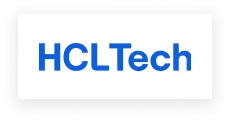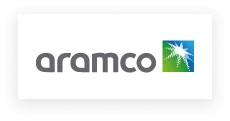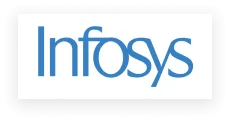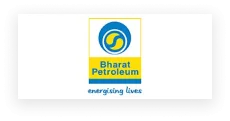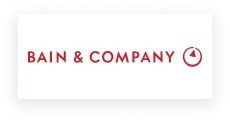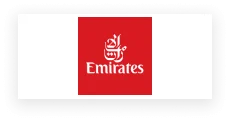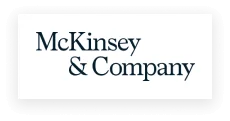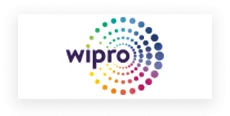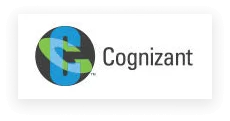30+
Years of Excellence
30,000+
Students Trained Every Month
99.1%
On-Time Batch
300+
Certified Trainers
5,000+
Courses to Choose From
Trusted by
To ensure the privacy of our clients, we use pseudonyms
Ethan Parker
United States
Excellent, learned a lot from this class.
Show More
Running Containers on Amazon Elastic Kubernetes Service (Amazon EKS)
Khalid Almasi
Saudi Arabia
I recently completed the Power Automate course with Mr. Saquib as my instructor, and I would like to express my sincere appreciation for his outstanding teaching. He demonstrated a deep understanding of the subject matter and delivered the content with great clarity and professionalism. Throughout the course, he explained complex topics in a simple and structured way, making it much easier for me to grasp and apply the concepts effectively. I gained significant knowledge and practical skills under his guidance, and I truly benefited from his teaching approach. His ability to engage with the discussions, answer questions thoroughly, and provide real-world examples made the learning experience very valuable. If I decide to take another course with Koenig in the future, I would strongly
Show More
PL-400T00: Microsoft Power Platform Developer
Sipho Nkosi
South Africa
Excellent. There was very good two-way feedback as well. Excellent knowledge.
Show More
Professional Scrum Product Owner (PSPO-I)
Omar Al-Busaidi
Oman
I would like to say a big thanks to my instructor, Mr. Abhishek, for all the knowledge he delivered. I successfully cleared this exam under his mentorship and guidance. I would highly recommend the instructor and Koenig to anyone looking to pursue ISO 55001 Lead Auditor certification.
Show More
ISO 55001 Lead Auditor
Nalini Kapoor
India
"Excellent."
Show More
AZ-900T00-A: Introduction to Microsoft Azure
Nurul Rahman
Malaysia
<
Show More
Power BI Dashboard in a Day
Avery Collins
United States
Excellent feedback.
Show More
PL-300T00: Design and manage analytics solutions using Power BI
Arjun Kulkarni
India
They were fantastic, loved the way they taught and introduced us to the subject very effectively.
Show More
Voice of Influence: Academic Presentation & Virtual Classroom Excellence
Tariq Al-Fayed
Saudi Arabia
A very good feedback.
Show More
PL-400T00: Microsoft Power Platform Developer



